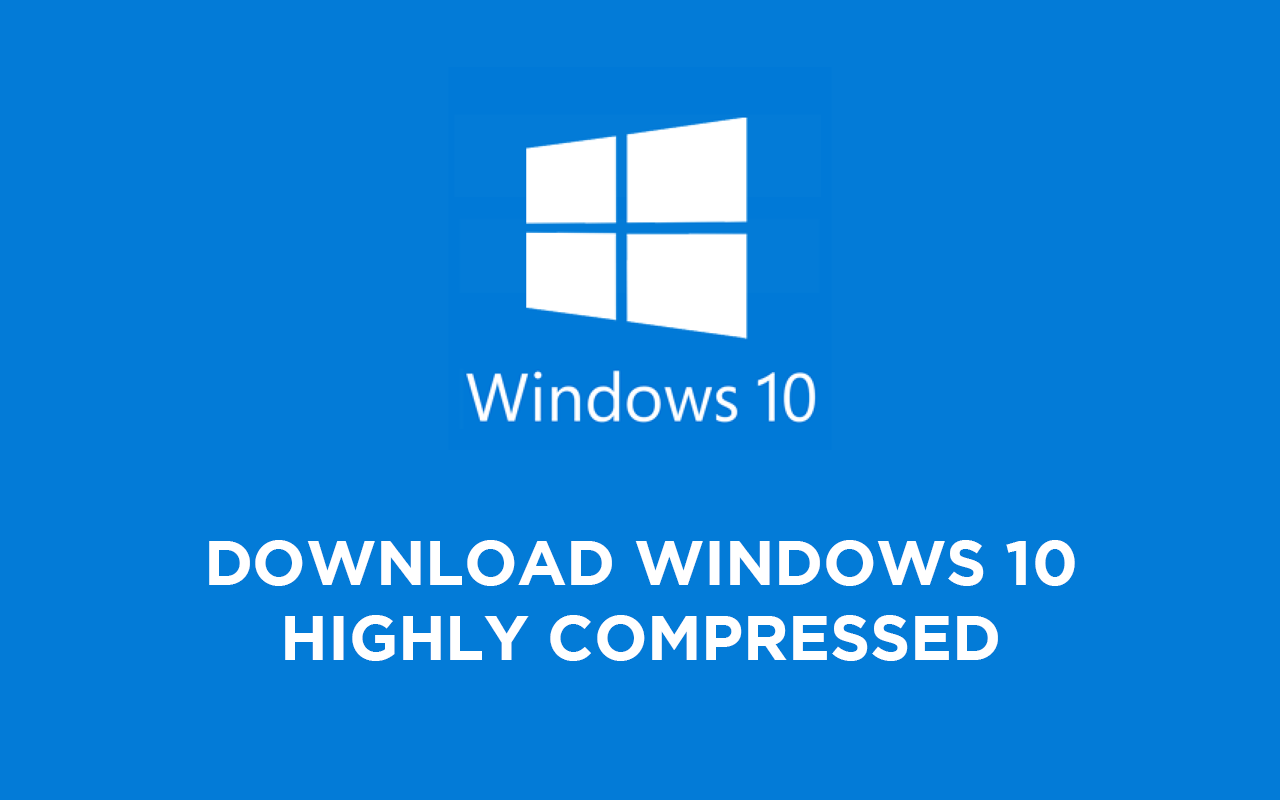Online casino sites’ popularity has exponentially grown since these platforms got birthed in the mid-1990s. There are multiple reasons for this, including allowing gamblers from all corners of the globe to get access to classic and novel games of chance at any time. Technically, this technological advancement permitted gambling enthusiasts to have robust gaming venues in their pocket, ones boasting product libraries that eclipse the game numbers available at any land-based establishment.
Naturally, as technology overall evolved, so did these game-hosting wagering hubs. On the payment front, when these platforms came into existence, they only offered credit/debit card transactions and wire transfers for depositing and withdrawals. However, in the early-2000s, digital wallets entered the picture, and at the start of the 2010s, cryptos debuted in this sphere, bringing a wealth of innovation to the sector. Hence, this article aims to rundown how tech has changed the payment landscape at gaming/betting websites, affecting their depositing/withdrawing procedures.
Table of Contents
The Rise of E-Wallets
As mentioned above, when the online gambling industry materialized in 1994, only highly accessible and traditional payment methods got accepted at the few sites that provided games of chance for real-money-play remotely. That was because of the youth of the Internet at that time and the lack of other money transfer options on hand. In the late-1990s, PayPal appeared on the scene as the world’s initial digital wallet, the brainchild of Peter Thie, Max Levchin, and Luke Nosek. Many other entrepreneurs saw the potential of this payment avenue, causing Skrill and Neteller to appear as options in this category targeting online gamblers. In July 2000, the latter processed payments for 85% of gambling merchants, with almost all of the company’s revenues stemming from this entertainment form.
Per a recent Juniper Research study, over 5.2 billion people worldwide will use digital wallets by 2026. That will be a 1.8 billion jump from the 2022 number, with this payment pick supplying the fastest transaction times from all the fiat choices, delivering withdrawals in less than a day in best-case scenarios.
Using Virtual PrePaid Vouchers as a Responsible Gambling Measure
A prepaid voucher is a card that acts as currency. And on the Internet, in an electronic form, they are technically a type of debit card issued by a credible payment processing company. Established credit/debit card brands like MasterCard, Visa, and Discover offer them, but casino sites usually only accept less-famous ones like Neosurf and Paysafecard. These can get funded with debit/credit cards or an e-wallet and act as a budget management tool, as once someone loads a specific sum in their voucher, that can represent an amount distinctly allocated for gambling fun. Therefore, this permits gamblers to avoid overspending.
Also, prepaid vouchers are not usually linked directly to someone’s identifying info. They get accepted by internationally-licensed gambling sites, and funds deposited through them can get used for completing online casino wagering requirements.
Cryptos Adding Unimaginable Transfer Speeds
According to available Web data, the initial crypto casino emerged 2012 as a dice gambling website. Two years later, Bustabit (crash gaming) debuted, and Curacao regulators began approving and monitoring Bitcoin-powered platforms. Nowadays, hundreds, if not thousands, of gambling sites, accept cryptos, with Bitcoin now ranking as one of the slower choices from this batch.
Per the latest research, Solana is the fastest virtual currency on the market, processing up to fifty thousand transactions per second, with an almost instant transfer finality. Cosmos and Avalanche process transactions in two seconds, and Steller does so in five. Ethereum, Bitcoin Cash, and Litecoin are highly-popular digital coin picks, shifting funds from one wallet to another in half an hour.
Regulatory Implications
We must note that while some people believe that using cryptos will permit them to keep their gaming session a secret, that is often not the case. As the sphere advanced, so did the legal restrictions that lived in it. One of the most unpopular ones is Know Your Customer policies, which are anti-money laundering requirements asking gamblers to supply identity-verification documentation.
Still, some crypto platforms do exist, boasting no such rules, letting users play secretively. These are traditionally Panama-based websites operating from Costa Rica. It is noteworthy that Curacao regulators do not require their licensees to implement mandatory KYC rules, but most do this to avoid potential legal hassles in various jurisdictions.
FAQs
When Did E-Wallets First Pop Up in Casino Deposit Tabs?
That happened in 2000.
How Fast Do Bitcoin Transactions Go Through?
Most often, that occurs within forty minutes or so.
Do All Casinos Process Withdrawals Automatically?
No. In the past, all platforms did so manually. Currently, the majority of gaming hubs feature automatic processing. Yet, some select to have their payment departments look at all payout requests before approving them, checking for suspicious fund removal demands.
Final Thought
Mobile payment apps like Cash App have entered the online gambling sector. Hence, expect this technology to grow its presence in this industry, and the same applies to depositing through wearable devices. Methods that utilize biometric authentication should also gain more footing and expect Internet gaming hubs to start accepting niche fungible tokens and even NFTs soon. Skins gambling sites have been around for years, so staking other digital items should also be on the table soon.











![How to Unlock Bootloader without PC On Android [2022]](https://cracktech.net/wp-content/uploads/2019/02/unlock-boot.png)